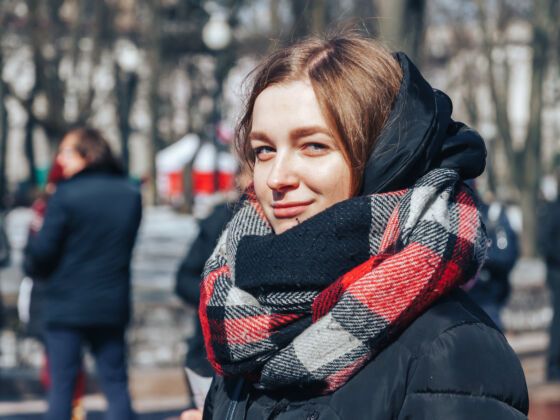I.
I didn’t know much about Belarus. I didn’t even know where it was when I received my placement. After the phone call, I had to look it up on a map.
“Nobody knows where Belarus is.” Sasha poured a shot of balsam into his plastic cup. He was heavy-handed with the bottle. We were on a train from Minsk, rolling south through the contaminated zone.
“Especially when I visit America,” he continued. “They have no idea. I tell them I’m from Belarus, and they say ‘Ah yes, Belgium!’ ‘No,’ I say, ‘BEL-A-ROOS.’ ‘Oh right, part of Russia,’ they say…as if they recognize it.”
“I have this joke,” Sasha tilted the red cup back and forth while he spoke. “I always tell it to foreigners. Want to hear?”
“Of course,” I answered.
“Okay. Do you know where Russia is?” he asked.
“Well, of course,” I smiled.
“K. Do you know where China is?”
“Obviously.”
“Well Russia is between China and Belarus. Ha!”
He dumped the shot into his laughing mouth.
